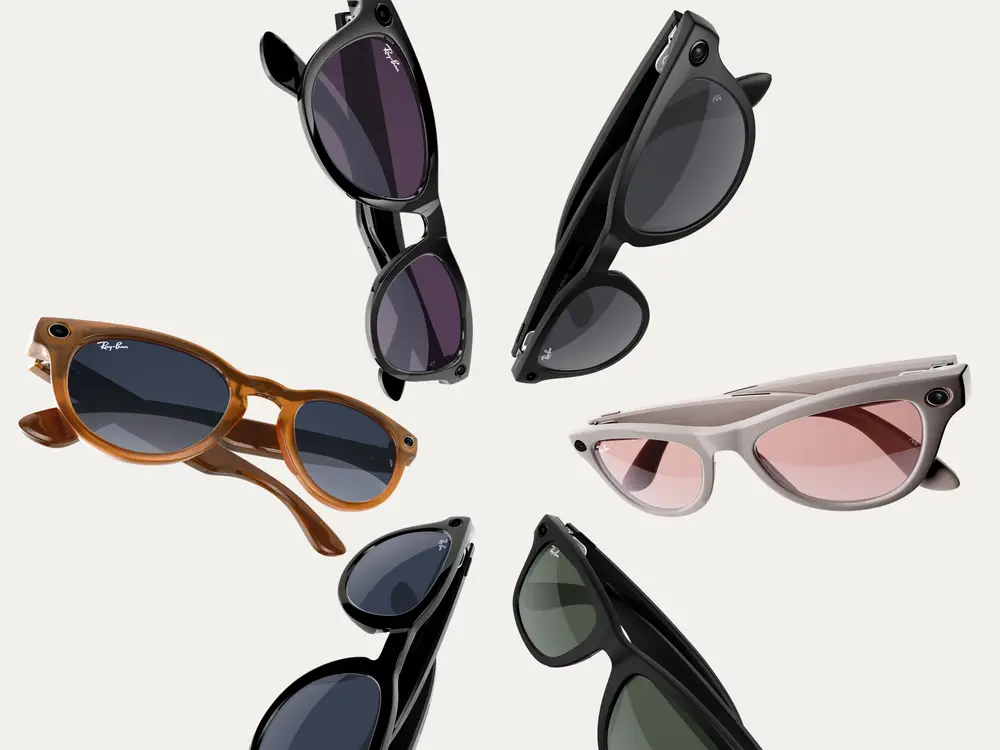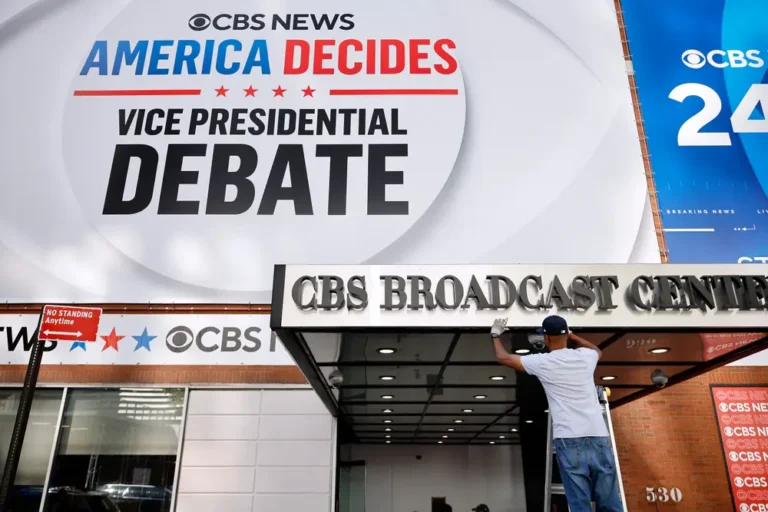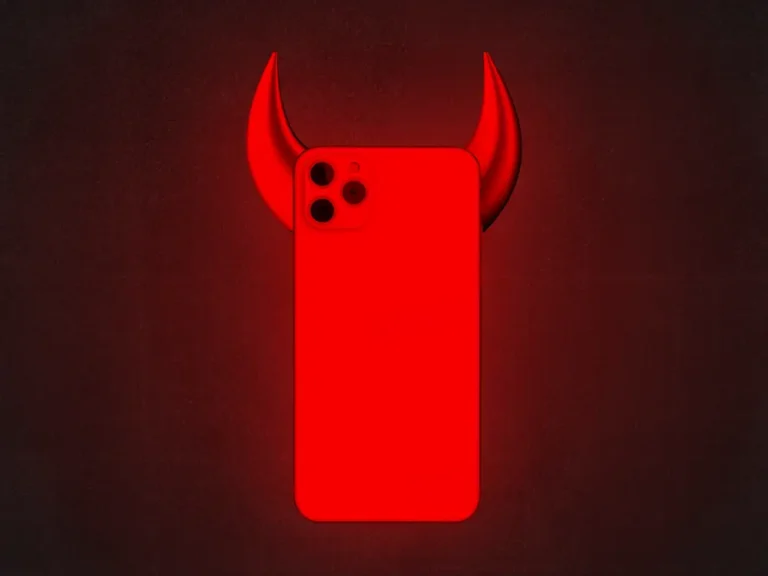Meta is making its popular Ray-Ban smart glasses even more useful with a slew of new features

Meta Ray-Bans.
Meta’s smart glasses are getting an upgrade.
Mark Zuckerberg, the CEO of the tech behemoth, shared the updates to Meta’s Ray-Bans during the company’s annual show-and-tell conference, Meta Connect 2024.
“We can start to see how the future of computing and the future of human connection are going to look, and it’s pretty awesome,” Zuckerberg said, touting Meta’s smart glasses, mixed reality, and AI. “People love their Ray-Ban Meta glasses so much so that for a little while, we were struggling to keep up with the demand.”
The updated glasses will retain memories of what users see and remind them about it later, helping them remember things like what they need to buy, Zuckerberg said.
“If you’re heading somewhere, no more forgetting where you parked. Your glasses have you covered, and they can also remind you to pick up some avocadoes at the store,” he said.
The glasses will also be able to scan QR codes, include video functionality with Meta AI for better in-the-moment assistance, and have live language translations between English and French, Italian, and Spanish using AI automatic dubbing.
“We are also adding multimodal video AI, so Meta AI is now going to be able to give you real-time help as you are doing things, like trying to figure out what outfit you want to wear for a party you are going to,” Zuckerberg said. “There’s a lot to build out over this to make it more useful over time, but this is gonna be a big platform.”
The glasses will also include a new array of Transitions lenses from Ray-Ban maker EssilorLuxottica. The Ray-Ban Meta Wayfarer with polarized lenses costs $329, while the Transitions options are $379, according to Meta’s website. There’s also a limited edition transparent-framed pair of glasses available for $429 for customers who want to “appreciate what makes them special” instead of hiding the tech within, Zuckerberg said.
“They’re also just good-looking glasses. The reality is that most of the time, you’re not using smart functionality,” Zuckerberg said. “People want to have something on their face that they’re proud of, that looks good, that’s designed in a very nice way.”
The existing models of Ray-Ban Meta glasses let customers capture photos and videos, live stream on Instagram, and accept video calls. The glasses have an LED light that emits a flash when a photo or video is taken to inform others nearby that they could be recorded. Still, users have figured out how to tape over the light to record surreptitiously. Meta has said this is a violation of its terms.
Last September, the tech giant announced it was adding Meta AI to its smart glasses for US-based customers, letting them use the virtual assistant AI with the command, “Hey Meta.” Zuckerberg touted this feature in an Instagram video where he used the AI to walk him through braiding his daughter’s hair.
B-17 tried out the smart glasses at the time and noted that the photo capture function is reminiscent of using a disposable camera thanks to the LED flash. Photos turned out dark in low-light settings and blurry even with better lighting. The lenses don’t have an AR display, so images have to be reviewed using the Meta View app on a smartphone.






